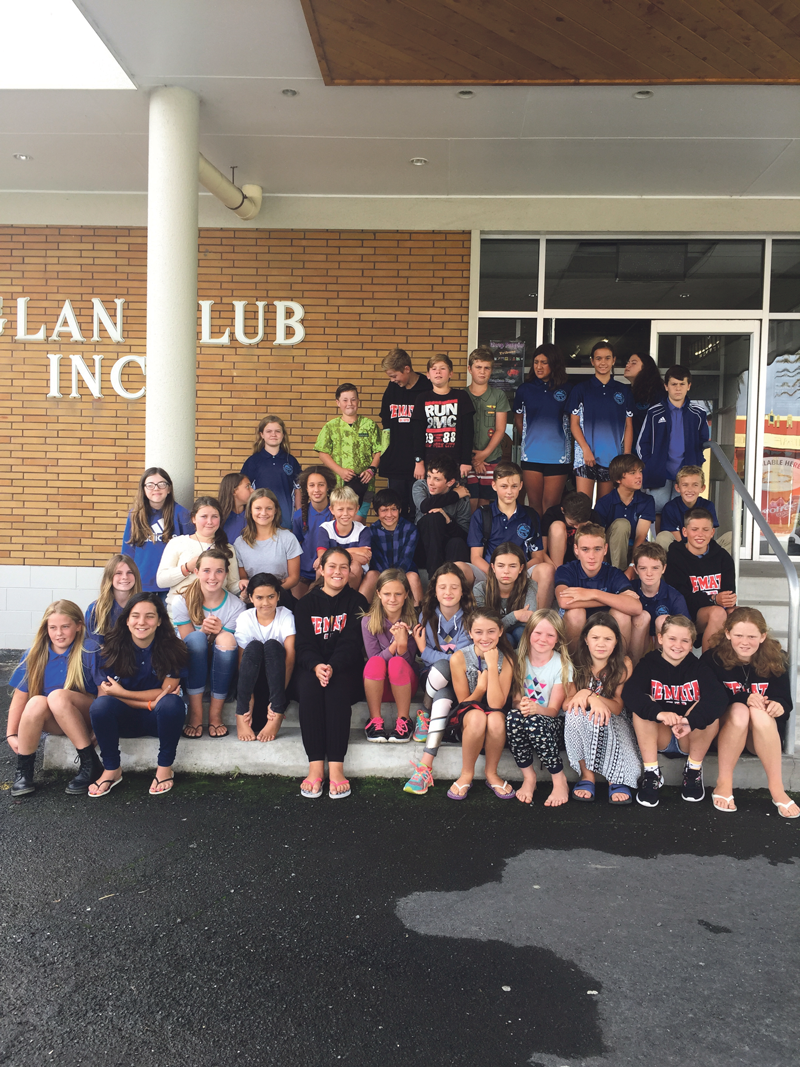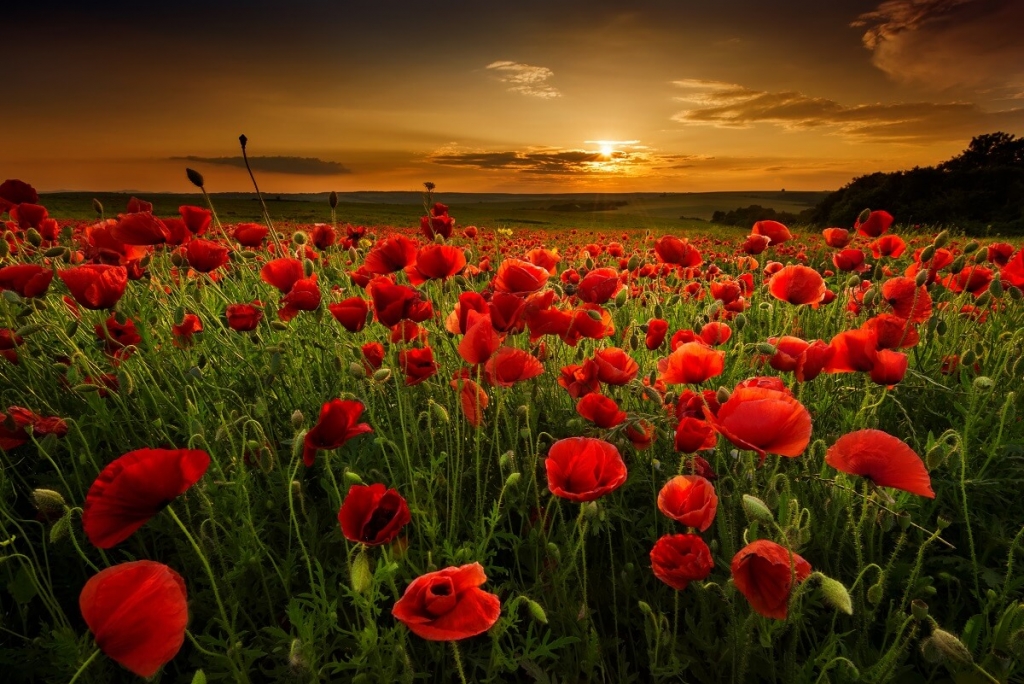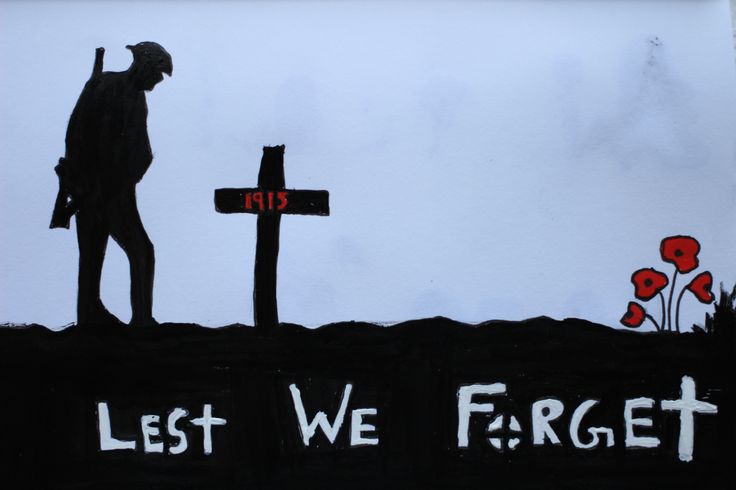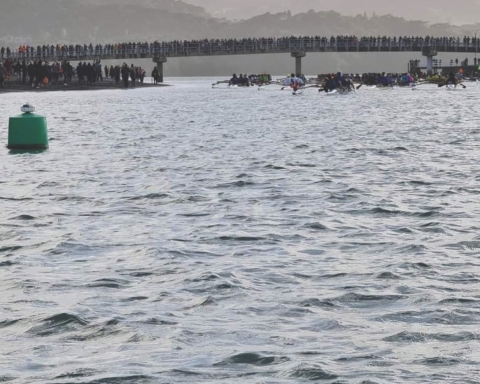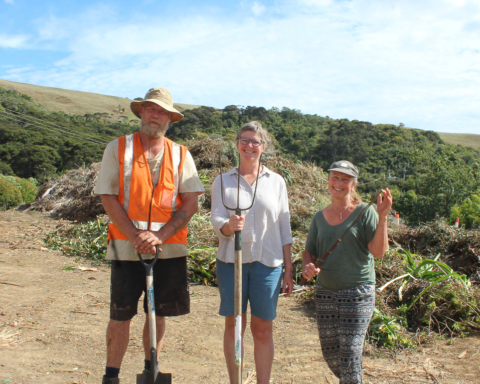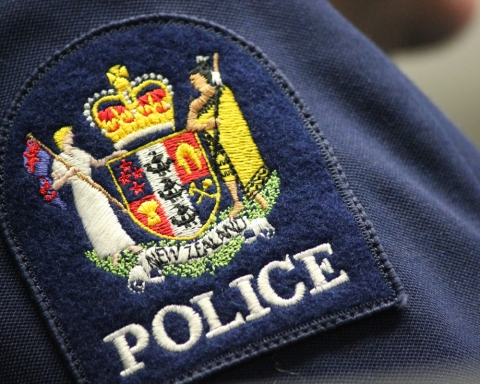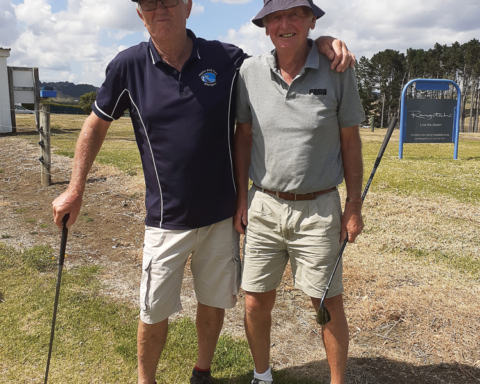Raglan Area School head girl Lexi Holmes will share the story on Anzac Day next Tuesday of her grandfather’s uncle who died 100 years ago in a hospital in Lyon, France, after being wounded during World War One.
John John Grandeson, who was from Scotland, was an only son with seven sisters. Lexi says his loss brings the reality “that men died for us to live a better life” very close, despite the century that separates this 17 year old from a forebear who was not much older than herself at the time of his death.
Finding out about extended family’s war effort in preparation for her speech at Raglan’s annual commemorative service has certainly made the significance of Anzac Day more personal, says Lexi.
“It’s not glorifying war,” she insists. “It’s remembering.”
Lexi will share the guest speaker role at the cenotaph next Tuesday with area school head boy Liam Dingle, who will also have a personal story to tell.
School principal Malcolm Cox says senior students step up every Anzac Day to help the Raglan community honour those who served in wars past. “There’s no having to ask them twice.”
They see the yearly ritual as a “privileged environment”, he adds, and the expectation is that the students giving the address will be supported on the day by other leadership team members.
It’s a tradition started by the school 14 or 15 years ago, Malcolm explains. One of his own sons, Joshua, was coincidentally the first student to speak at the local Anzac ceremony.
“It went down incredibly well with the audience and we have been invited every year since to provide a speaker,” says Malcolm. Having both head students in that role brings together different elements and “blends nicely”, he adds.
Malcolm sees more young people every year at the local service. They are connecting now to their own family stories, he believes, a trend which coincides with a vastly increased interest by younger people around the country in the Anzac tradition.
That “connectedness” from younger generations is now helping keep the commemoration very much alive, he says.
Malcolm also praises Raglan Club for fostering student interest in Anzac Day by running an annual essay-writing competition with “generous” prizes.
This year’s topic – the Gallipoli Campaign – has seen about 40 students from two of the district’s four schools compete for the $1000 prize money.
“It’s just one way of encouraging our young people to learn a bit of history,” says club manager Chris Lourie.
Coincidentally, Lexi is a previous entrant in the essay competition, as a year eight student.
Raglan RSA acting president Colin Hodkinson says the younger generation’s commitment to the Anzac ceremony downtown – either as participants or as service-goers – has “become huge” during his seven-year involvement with the association.
The trend’s “a real testament to local schools and families”, he says.
The RSA also runs each year a second competition – one for the best wreath created by the district’s schools, he adds.
One of the RSA’s tasks each Anzac Day is to place small wooden crosses at the cenotaph to mark the names of deceased members, and Colin says it’s a measure of the increasing community respect for the occasion that “we have never lost one” of the crosses.
Edith Symes
● Raglan’s Anzac Day ceremony begins downtown at 11am Tuesday, and the opening parade will be joined by representatives of the 161 Battery RNZA from Linton, an army unit “adopted” by Raglan during the Vietnam War years.
